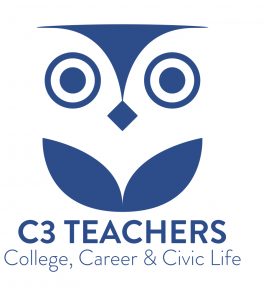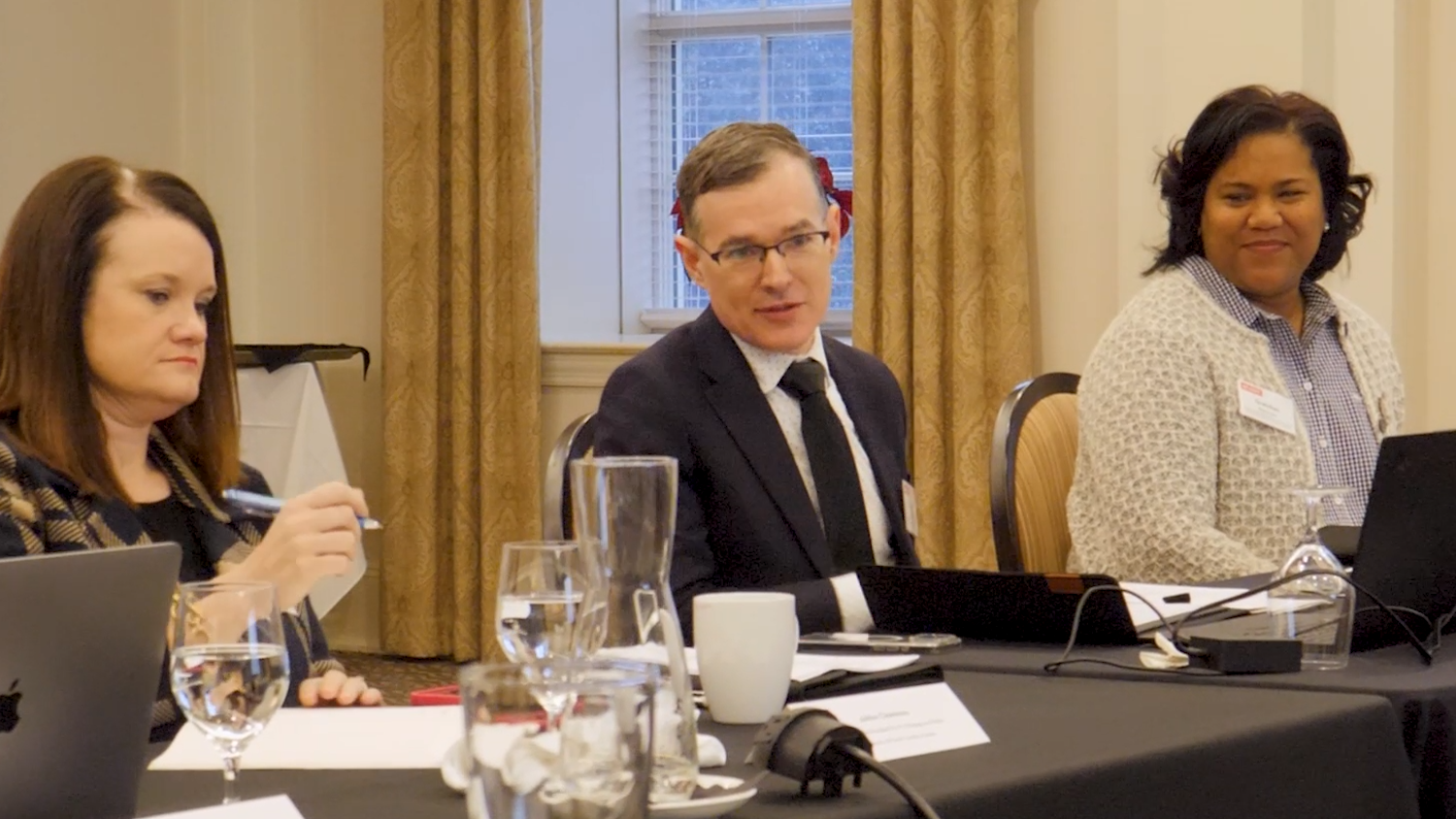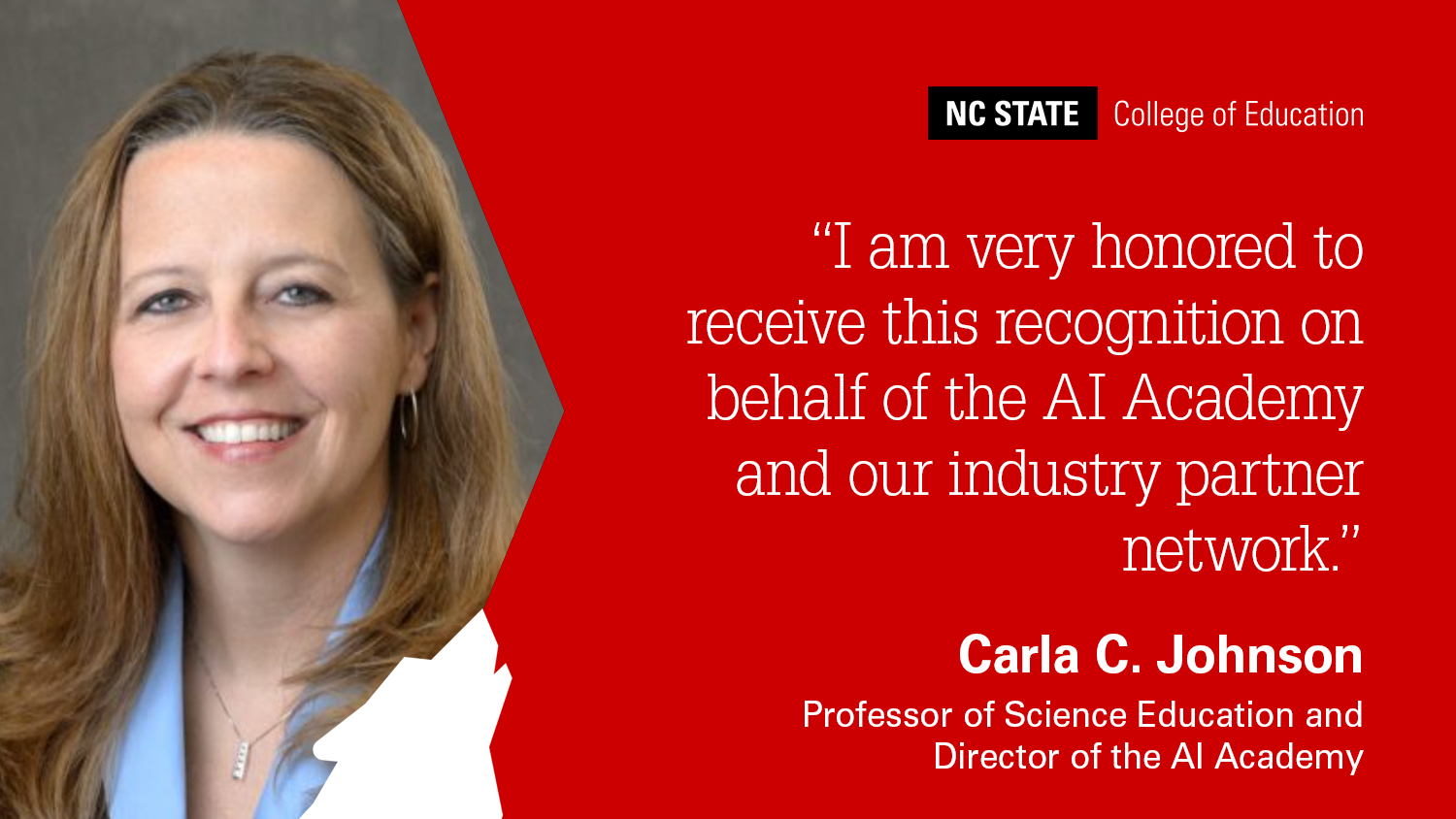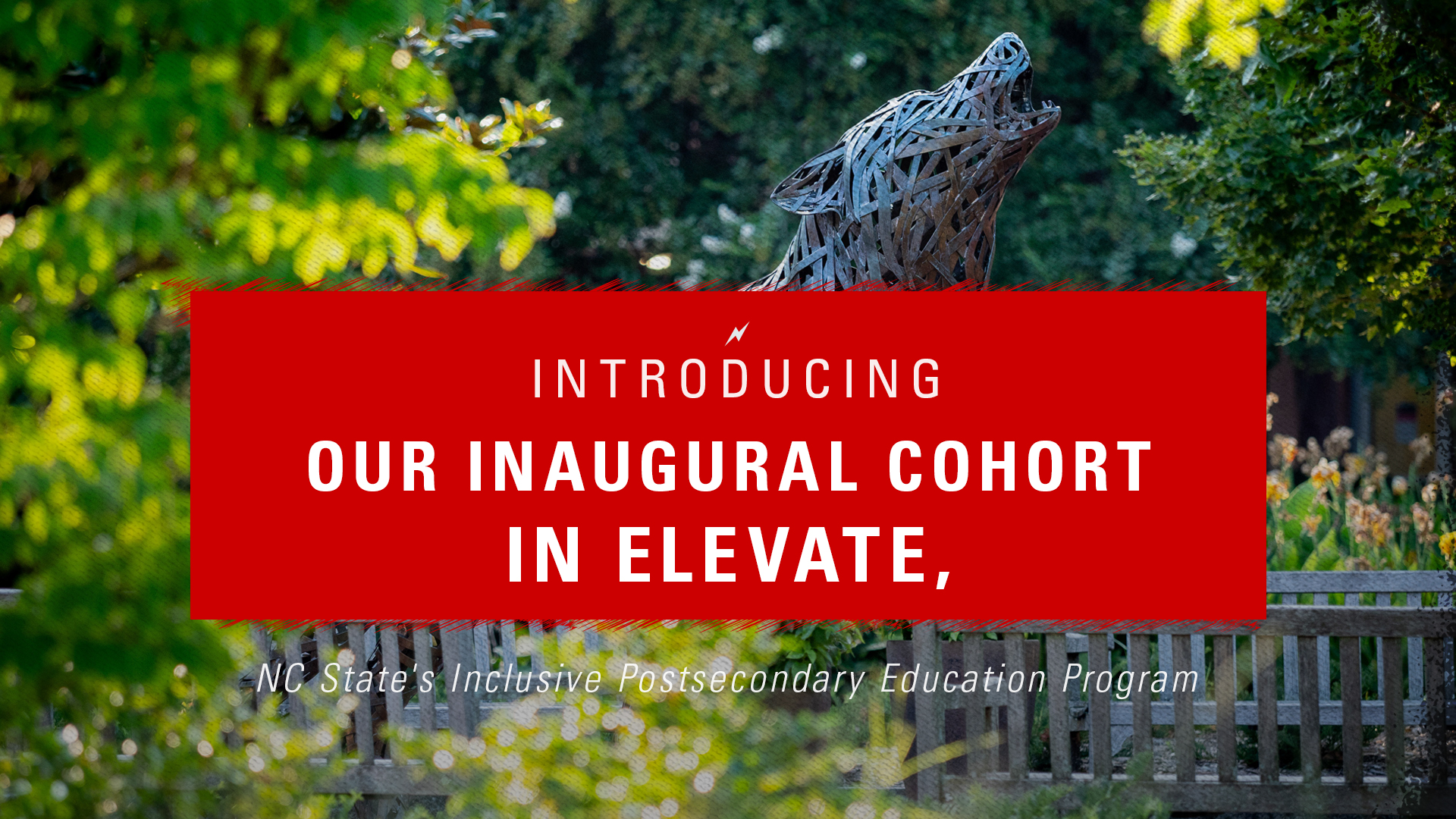How the College, Career and Civic Life Framework is Changing Social Studies Education

The No Child Left Behind Act of 2001 put into place a standards-based education reform model across elementary schools in the U.S. At its core, the act enforced the idea that setting high-performance standards and measuring success in reading and math would lead to better individual student performance overall. One side effect: subjects like social studies, science and art suffered from reduced instruction time when schools didn’t meet the performance goals set for them.
On the heels of No Child Left Behind came a call for a series of standards’ initiatives designed to address the imbalance of school subject instructional time. That’s when John K. Lee, professor of social studies education at NC State College of Education, and his colleagues — SG Grant and Kathy Swan — began developing a social studies standards framework for states.
[spotlight-box label=”About John K. Lee” img=”” heading=”” cta=”” url=””] John K. Lee is the head of the NC State College of Education’s Department of Teacher Education and Learning Sciences and teaches in undergraduate, graduate and doctoral level courses.
John K. Lee is the head of the NC State College of Education’s Department of Teacher Education and Learning Sciences and teaches in undergraduate, graduate and doctoral level courses.
Other Interests: Founder and Co-Director of the C3 Teachers Project (2013-present); Senior Director of the Technology Enriching Instruction Initiative (2013-present); and Co-Writer and Leadership Team for College, Career and Civic Life Framework for Social Studies Standards (2010-present).
Education: Ph.D. in Social Studies Education, University of Virginia (2000); Ed.S. in Social Studies Education, Georgia State University (1997); Master of Education in Social Studies Education, Georgia State University (1993); and Bachelor of Arts in History, University of Georgia (1986).
[/spotlight-box]
Working with the National Council for the Social Studies and the Council of Chief State School Officers, Lee, Swan and Grant helped lead an effort to create a guidance document for states interested in upgrading their social studies standards and ultimately to reimagine social studies education. Throughout the three year process, dozens of social studies professional organizations and hundreds of social studies educators collaborated to create what is known today as the C3 Framework.
The College, Career and Civic Life (C3) Framework For Social Studies State Standards marries the common goals of succeeding in college life and a career with a third goal: being an engaged citizen.
“We created this as a grassroots movement to inspire teachers to think differently about our field,” said Lee, who today also heads NC State Education’s Department of Teacher Education and Learning Sciences. “Ultimately, we came to realize what we need is to lift ourselves up, do our work better, and do what’s right for our students.”
The C3 Framework team looked to research to inform the framework on how children learn. They learn through interaction, research shows, and when empowered to construct their own knowledge and engage in disciplinary sources directly, children have a better chance of remembering and making use of that knowledge.
“We know that social studies is special, but what we take on as our charge is that we are preparing young people to be citizens, to live in our democracy,” Lee said.
Lee says it’s not a straight line to apply what happened in the past to current events. That’s the role of the educator and the inspiration for the framework’s central idea called the Inquiry Arc.
The innovative Inquiry Arc provides indicators of what students should be doing at specific points in the development of their knowledge across four dimensions:
- Developing questions and planning inquiries
- Applying disciplinary concepts and tools
- Evaluating sources and using evidence
- Communicating conclusions and taking informed action
Wanting to inspire educators, the C3 Framework and Inquiry Arc were made available directly to teachers, symbolically publishing it on Constitution Day, Sept. 17, 2013.
Alongside the framework, Lee, Swan, and Grant launched C3 Teachers, a network to connect and support teachers as they reformed their own practice using the C3 Framework. Central to their work on C3 Teachers is an instructional system developed by the team called the Inquiry Design Model (IDM). The model is a distinctive approach to creating curriculum and instructional materials that honors teachers’ knowledge and expertise, avoids overprescription, and focuses on the main elements of the instructional design process as envisioned in the Inquiry Arc.
 The C3 Framework and C3 Teachers spread quickly across the nation. In five years, C3 Teachers has grown from a network of 10 teachers to more than 8,500. The network features a website www.c3teachers.org/ that provides stories from teachers using the model, openly sourced curriculum materials using the Inquiry Arc, and an IDM Generator that customizes inquiry-based lesso plans.
The C3 Framework and C3 Teachers spread quickly across the nation. In five years, C3 Teachers has grown from a network of 10 teachers to more than 8,500. The network features a website www.c3teachers.org/ that provides stories from teachers using the model, openly sourced curriculum materials using the Inquiry Arc, and an IDM Generator that customizes inquiry-based lesso plans.
The team secured $3 million in funding from the state of New York to develop curriculum materials and supplement their efforts online.
Offline the team has created the Inquiry Design Model Institute, an annual event offering a two-day training course to introduce them to the framework and other educators using it. They have been working here in North Carolina and around the country in states like Arkansas, Connecticut, Tennessee, Hawaii, Virginia, Nevada, Georgia, and Kentucky as they support statewide education initiatives. This year, the team has added two additional institutes to meet demand.
“This is not a mandated program,” Lee said. “We’re not making people do it, and we don’t have incentives for them to adopt it. We began by wanting to create something people would be interested in, and the rest is us wanting to be enablers of this work.”
By enablers, Lee means all of the materials associated with the C3 Framework and Inquiry Arc are freely available to anyone who wants to implement them. Any educator can go online and download a customized inquiry design model to use in his or her classroom.
For example, educators can use an inquiry published on the C3 Teachers website centered around Harriet Beecher Stowe’s Uncle Tom’s Cabin. The framework begins with the question: Can words lead to war? Then it offers four supporting questions to pose to a class of 7th graders to help them understand the written work, its effect on culture in the United States, and how words can be used both to bully and to empower.
Additionally, his team publishes a Teaching the C3 Framework column in each issue of Social Education, a magazine the National Council for the Social Studies publishes. The team also created hubs for educators who share an interest in the C3 Framework and who are working together in their schools or organizations.
“There’s a lot we can learn from the past. The problem is we haven’t always done the best job that we’re able to do in helping kids realize that,” Lee said. “It’s not a straight line from things in history to who we are today and how it impacts us. And if teachers can’t help make that connection, kids won’t care what happened in the past.”
And, he adds, quoting a prominent figure from social studies lessons George Santayana, “Those who cannot remember the past are condemned to repeat it.”
- Categories:


